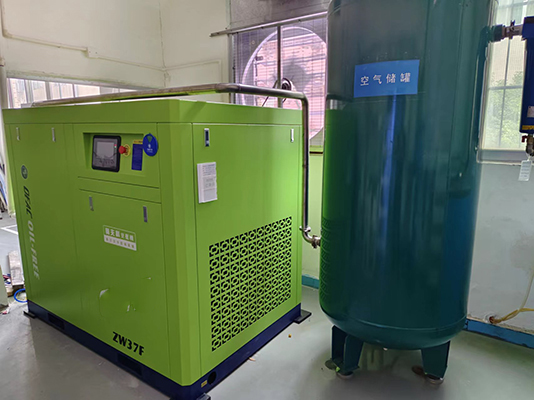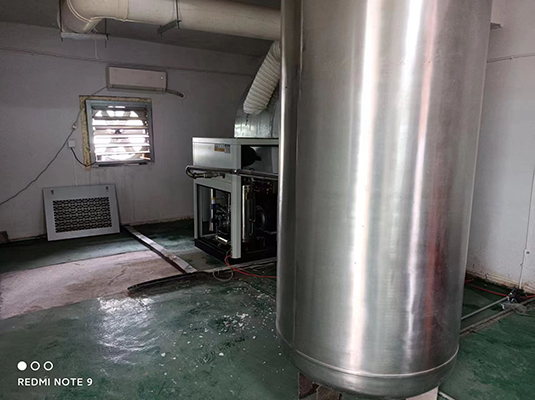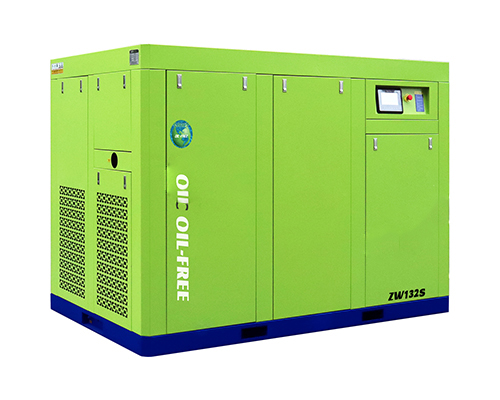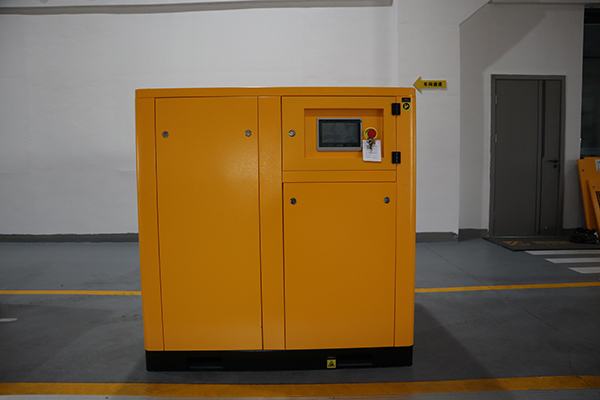Industry air compressor suitable for woodworking shops driving pneumatic drills and sanders
News 2025-10-27
In woodworking shops, industrial air compressors are vital for powering pneumatic tools like drills and sanders, which demand reliable compressed air to achieve precise and efficient results. These compressors enable craftsmen to handle tasks such as drilling accurate holes or sanding smooth finishes with consistent performance, reducing downtime and enhancing overall productivity in the woodworking process. By providing a steady air supply, they support the high demands of industrial environments, ensuring that operations run smoothly and safely.

Application Scenarios in Woodworking
Woodworking often involves repetitive, high-precision tasks where pneumatic tools excel. For example, air-powered drills deliver superior torque for boring into dense materials like hardwoods, while sanders use compressed air to maintain even pressure and achieve fine surface finishes without overheating. In settings with heavy dust and debris, these compressors help keep tools cool and operational, extending their usability. This makes them ideal for both small workshops and larger industrial setups, where they integrate seamlessly with other pneumatic equipment to streamline workflows.
Performance Benefits for Industrial Use
Industrial air compressors offer significant advantages in performance and reliability for woodworking applications. With high CFM outputs, they can simultaneously power multiple tools, supporting continuous operation without pressure drops. Their energy-efficient designs, including features like automatic shut-off and variable speed controls, minimize waste and lower operational costs. Additionally, durable components ensure longevity in harsh conditions, reducing maintenance needs and providing consistent air quality that is crucial for preventing tool wear and maintaining product standards in industrial processes.
Frequently Asked Questions
1. What is the recommended air pressure for pneumatic tools in woodworking?
Answer: Typically, 90-120 PSI is ideal to ensure efficient tool performance and safety without causing excessive strain.
2. How do I choose the right compressor size for a woodworking shop?
Answer: Assess the CFM needs of your tools and opt for a unit with a tank size of at least 60 gallons to handle demand in small to medium operations.
3. What maintenance is required for air compressors in industrial settings?
Answer: Regular checks for leaks, filter changes, and oil maintenance are essential to keep the compressor running efficiently and extend its lifespan.


